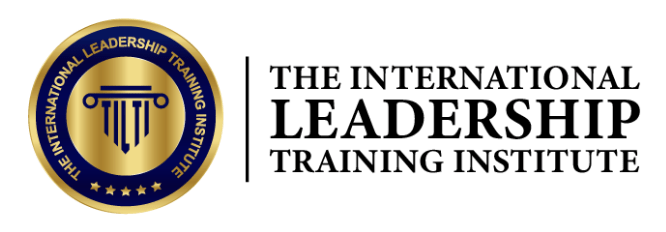Below is a suggested 6-month curriculum for a Postgraduate Certificate (PGCert) program. The program is structured with two days a week, three hours each day. The first three months cover a regular curriculum for all participants, and the last three months focus on special subjects.
Weeks 1-2: Introduction to the Program and Research Skills
- Ice-breaking activities and team building
- Program overview, expectations, and introductions
- Overview of the PGCert structure, expectations, and resources.
- Research methodologies and literature review techniques
- Literature review, and proposal writing.
- Library resources and academic writing skills
- Academic Writing Skills
- Effective communication, academic writing styles, and citation methods.
Weeks 3-6: Core Concepts in the Field
- Foundational theories and concepts
- Case studies and practical applications
- Group discussions and critical analysis
- Critical Thinking and Problem Solving
- Developing analytical skills, critical thinking, and problem-solving strategies.
- Introduction to Technology in Education
- Overview of educational technology tools and their integration in teaching and learning.
Weeks 7-10: Data Analysis and Interpretation
- Introduction to statistical analysis
- Data visualization techniques
- Interpretation of research findings
- Pedagogical Theories
- Overview of major educational theories and their practical applications.
- Curriculum Design and Development
- Principles of curriculum design, development, and assessment.
- Classroom Management
- Strategies for effective classroom management and student engagement.
- Assessment and Evaluation
- Different assessment methods and their alignment with learning objectives.
- Inclusive Education
- Understanding and implementing inclusive education practices.
- Overview of Key Theories and Frameworks
- Application of Theoretical Knowledge in Real-world Scenarios
- Group Discussions and Case Studies
Weeks 11-12: Mid-term Assessments and Project Proposals
- Quantitative Research Methods
- Data Collection Techniques
- Qualitative Research Methods
- Developing a Research Proposal
- Library and Online Research Skills
- Educational Leadership
- Basics of educational leadership, administration, and decision-making.
- Technology Integration in Education
- In-depth exploration of technology tools for education and instructional design.
- Cross-Cultural Competence in Education
- Strategies for promoting cultural competence in diverse educational settings.
- Special Education
- Introduction to special education needs and strategies for inclusive teaching.
- Project Management in Education
- Basics of project management and its application in educational projects.
- Mid-term assessments and feedback
- Project proposal development
- Proposal presentations and feedback
Last Three Months: Special Subjects (Participant Choice)
Participants can choose one of the following tracks based on their interests:
Track 1: Advanced Teaching and Learning
In-depth study of innovative teaching methods, learning theories, and educational psychology.
Track 2: Educational Technology and Innovation
Advanced topics in educational technology, e-learning, and digital pedagogy.
Track 3: Leadership and Administration in Education
Advanced leadership skills, educational policy analysis, and organizational development.
Track 4: Special Education and Inclusion
Advanced study of special education practices, inclusive teaching, and assistive technology.
Track 5: Research and Thesis Writing
Guided research and thesis writing under the supervision of a mentor.
Each track includes a mix of seminars, workshops, and project work tailored to the chosen subject. The last month can be dedicated to finalizing projects, presentations, and assessments.
Weeks 13-16: Specialization I
Participants choose one of the special subjects based on their interests:
- Introduction to Specialization Tracks
- Career Pathways and Opportunities in Each Specialization
- Assessing Personal Interests and Goals
- In-depth lectures on the chosen subject
- Workshops and hands-on exercises
- Group projects related to the specialization
- Guest Lectures from Industry Experts
- Panel Discussions on Specialization Tracks
- Initial Assignments Based on Chosen Specialization
Weeks 17-18: Interdisciplinary Applications
- Integration of different specializations
- Guest lectures from industry experts
- Group projects that require collaboration between specializations
- Specialization-specific Core Concepts
- Practical Applications and Case Studies
Weeks 19-20: Capstone Project and Final Presentations
- Work on individual capstone projects
- Finalize projects and prepare presentations
- Capstone project presentations and assessments
- Hands-on Workshops and Simulations
- Group Projects and Collaborative Learning
Week 21-22: Mentorship and Presentation
- Capstone Project Kick-off
- Regular Mentorship Sessions
- Progress Updates and Peer Feedback
- Finalizing Capstone Projects
- Presentation Skills and Rehearsals
Week 23: Revision and Review.
- Review of the entire program
- Q&A session and clarification of doubts
- Final preparations for assessments
Week 24: Final Assessments and Graduation
- Final assessments and evaluations
- Graduation ceremony and networking event
- Closing remarks and feedback collection



